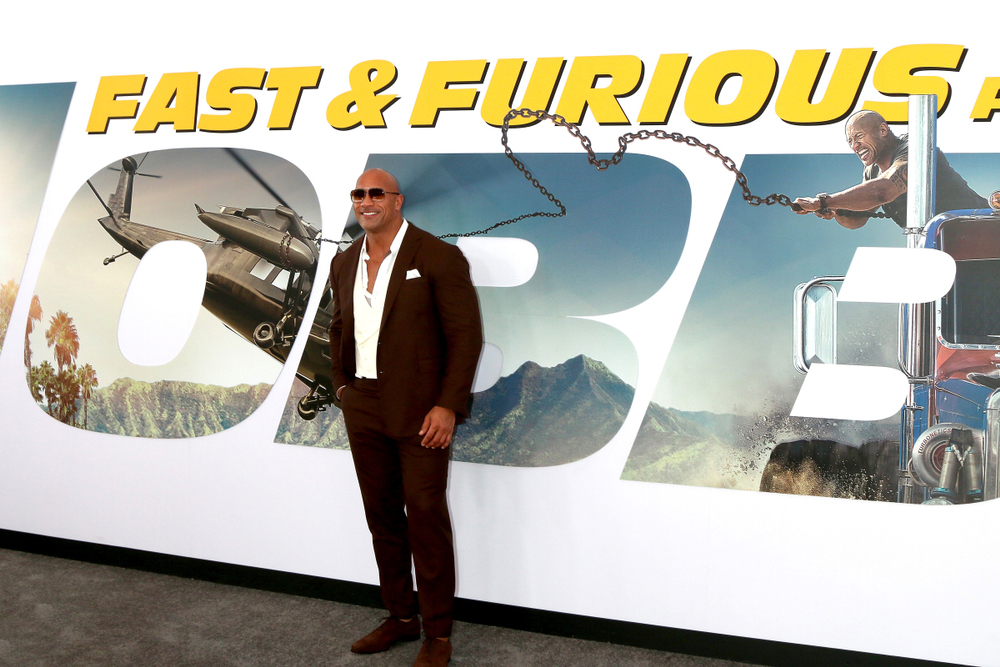After nine movies in 16 years, the Fast and Furious franchise still seems to be alive and well. The parties to the following action agreed that any dispute regarding the movies, including sequels and remakes, would be resolved in arbitration. But does that agreement cover the recent movie starring longtime protagonists Hobbs and Shaw, which doesn’t bear the Fast and Furious name?

What’s in a Name?
Since 2001, Neal Moritz worked for Universal City Studios LLC as a producer for the film The Fast and the Furious and several sequels, including 2 Fast 2 Furious, The Fast and the Furious: Tokyo Drift, Fast and Furious, Fast Five, Fast & Furious 6, Furious 7, and The Fate of the Furious.
For the first seven movies, the parties had contracts containing a clear arbitration clause. A contract designed to govern movies eight through 10 included no separate arbitration clause but applied the earlier arbitration clauses to any movies produced as “sequels” or “remakes.”
During the filming of The Fate of the Furious, Universal talked to Moritz about making another movie and ultimately released an eponomous spinoff starring the franchise’s main characters, Fast & Furious Presents: Hobbs & Shaw.
Moritz assumed he would produce the movie and began working on it, but shortly before filming commenced, Universal told him he wouldn’t be producing it, wouldn’t be compensated for it, and wasn’t to render any services in connection with it. Moritz responded by filing a lawsuit against Universal claiming an implied agreement that he would work on and be compensated for the new film.
Not So Fast, Court Tells Furious Universal Studios
Universal then moved for an order compelling Moritz to take the case to arbitration under the earlier signed contracts requiring arbitration of anything related to the earlier movie projects, including any remakes or sequels. The court decided, however, that Hobbs & Shaw was neither a remake nor a sequel, so there was no clear agreement to arbitrate.
Universal also argued the arbitrator should decide whether the case was subject to arbitration. The court noted the parties can delegate broad powers to an arbitrator, but as an initial matter, there must be an agreement to arbitrate—which presents a threshold question for the court, not for the arbitrator. “Whether parties have agreed to ‘submi[t] a particular dispute to arbitration’ is typically an ‘issue for judicial determination.’”
In this case, Moritz agreed to send to arbitration all disputes regarding the earlier Fast and Furious movies and any remake or sequel, but there was no agreement to send a new movie such as Hobbs & Shaw to arbitration.
The court denied Universal’s motion to compel arbitration, and Moritz’s lawsuit remains in court for determination. Moritz v Universal City Studios (California Court of Appeal, Second Appellate District, 9/2/20).
Bottom Line
All arbitration agreements are creatures of contract, so make sure yours clearly spells out an agreement to arbitrate all issues connected or related to employment.
Notably, the agreement in this case stated it was governed by the Federal Arbitration Act (FAA), which generally provides the most assurance of upholding arbitration agreements. But even under the FAA, the one thing courts won’t do is assume an agreement to arbitrate when none is clearly found.
Therefore, the court in this case refused to find an agreement to arbitrate claims arising out of Hobbs & Shaw, even though the movie was named after the Fast and Furious franchise’s fictional front men, Hobbs and Shaw. If there is any failure to prove an agreement to arbitrate, your arbitration rights will disappear faster than a formula racing car eluding a police blockade.
Mark I. Schickman is an editor of California Employment Law Letter. You can reach him at Schickman Law in Berkeley, mark@schickmanlaw.com.
